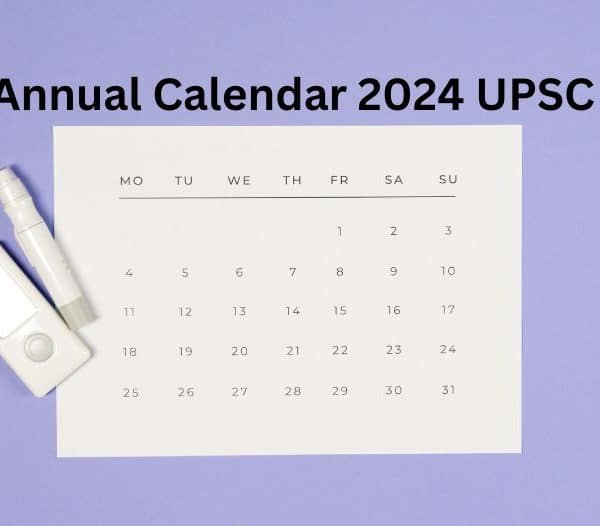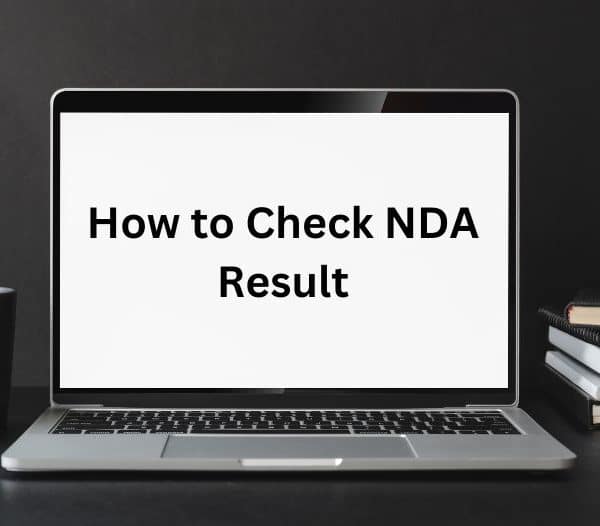To become an IPS Officer isn’t an easy path to follow. This path requires a lot of courage, determination and never giving up attitudes. The aspirant who successfully becomes an IAS or IPS officer always has an inspirational backstory which consists of a lot of hard work and sacrifices.
IPS which stands for Indian Police Service is one of the most prestigious services in our country India. This Indian service enables senior police officers to form an alliance with the police. You may become an IPS officer or even become the highest-ranking police officer in the nation (Director General of Police/ DGP) bypassing the UPSC Civil Service Exam and obtaining the appropriate rank.
History
The British Indian Councils Act of 1861 established a competent police bureaucracy in India. This was founded by the Superior Police Services (later renamed Indian Imperial Police). The Inspector-General was the head of the regional police department. The regions organized into districts were led by the Police Superintendents.
A nomination takes place for the recruitment process. This was achieved in two forms: either the British Army officers were selected or the younger sons of the ruling classes from the United Kingdom were selected.
IPS Eligibility
In order to become an IPS officer in India, applicants must meet the strict requirements defined by the UPSC and pass the IPS examination (Civil Services Exam).
The IPS eligibility criteria are as follows:
- The applicant must be a citizen of India
- He/She must be a minimum age of 21 years and maximum age which varies on category and physical disability
- The minimum qualification must be a university degree from a recognised University in any field
- There are 6 attempts for General category & EWS, which also varies for other castes
- Although there is a restriction on applying. The officers who were already appointed to the IAS/IFS are not eligible
- The physical standards of IPS are as per the exam rules
Also Read: Can I Prepare for UPSC CSE without My Family’s Support?
Roles and Responsibilities of an IPS Officer
- Fulfilling tasks on the basis of frontier duties, in the aspects of social peace and order preservation, community safety, investigation and identification, intelligence collection, VIP protection, counter-terrorism, border patrols, rail services, anti-trafficking, drug smuggling, economic crimes, corruption, a major factor in disaster risk management, etc.
- Knowledge exchange with Indian intelligence agencies such as R&AW, IB, CID, CBI
- Heading and being in frequent contact with the National Armed Police Force (CRPF)
- Communicate and collaborate with the Indian Revenue Service (IRS), the Indian Armed Forces, mainly the Indian Army.
- Support the people of the country with utter dignity, sincerity and commitment.
IPS Medical Test
The physical criteria for eligibility of IPS officer are as follows:
- The minimum height for Men should be 165cm and Women should be 150cm
- The relaxable minimum height for men is 160cm and 145cm for women, for applicants belonging to lower castes like ST and races such as Gorkhas, Garhwalias, Assamese, Kumaonis, Nagaland Tribals, etc.
- The minimum chest girth for Men is 84 cm and for women is 79cm
- Myopia should not exceed – 4.00D, including cylinder
- Hyper-myopia should not exceed + 4.00D, including cylinder
- The candidate with a squint will be disqualified
- Spectacles are allowed
- The distant vision should be 6/6 or 6/9 for better eyes or corrected vision
- The distant vision should be 6/12 or 6/9 for the worse eyes or uncorrected vision
- J1 and J2 should be the near visions respectively
Number of Attempts
Since 1984 the restriction on the maximum number of attempts is practised.
- 6 attempts up to 32 years old for General candidates
- No Limits up to 37 years old for Scheduled Caste and Scheduled Tribe Candidates (SC/ST)
- 9 attempts up to 35 years old for Other Backward Classes (OBC)
- 9 attempts for General and OBC, while unlimited for SC/ST in terms of Physically handicapped candidates
Also Read: UPSC EPFO Preparation Strategy: Here’s How to Crack the Recruitment Test
UPSC Preparation Tips
The Civil Service Examination (CSE) conducted by the Union Public Service Commission (UPSC) is one of the country’s toughest tests. The All India Examination is implemented in various steps, which include the Preliminary, the Main Examination and the Interview. The following tips can help you prepare to encounter the Civil Services Exam with courage.
- Make a strict study plan
- Study and revise on a daily basis
- Read the NCERT books, concentrate on the basics
- Be updated with current affairs
- Reading English newspapers can be helpful for your UPSC exam
- Give importance to your personality and communication skills
Best IPS Officers of India
India has offered several IPS officers, these IPS officers have preserved the status of Indian people and the law & order state. They have committed to society by providing us with fair elections, people’s protection and supporting people in moments of emergency or catastrophe.
Some of the best IPS Officers are:
- Ajit Kumar Doval
- K. Vijay Kumar
- Sanjukta Para
- Kiran Bedi
- Shivdeep Lande
- A.S Dulat
- Julio Ribeiro
Conclusion
Your performance relies substantially on your concentrating capacity. It is the capacity to concentrate your attention singularly in one path and to exterminate anything else that is slightly unrelated.
UPSC Syllabus is enormous and there is no other way but to research long hours constantly, frequently and consistently every day with the same enthusiasm. This takes an incredible amount of focus.
We hope this article will take you one point ahead with your IPS preparation road. Please share your thoughts in the comments below and also let us know if you’d like us to publish more insightful content such as this one.
Also Read: Best Books for UPSC Mains Exam Preparation: Here’s the UPSC Books List You were Looking For






